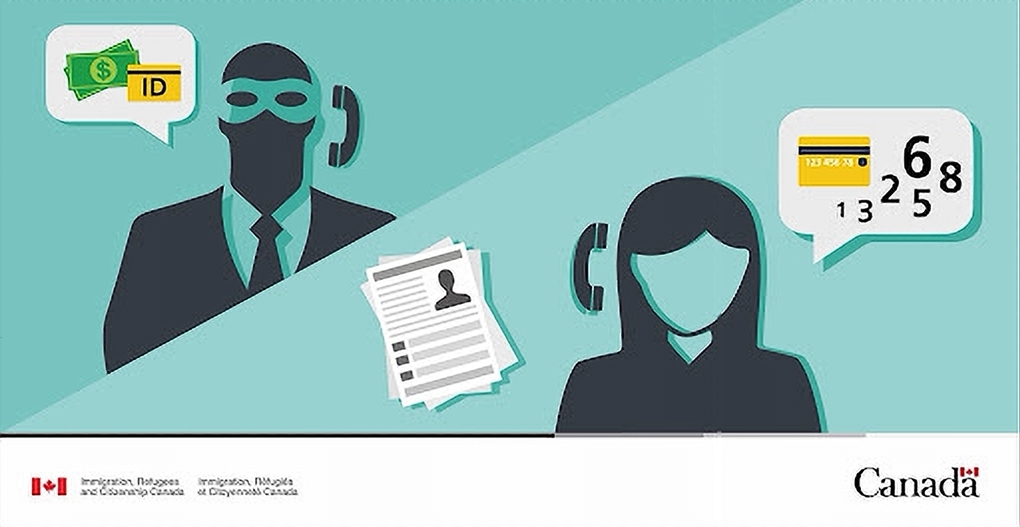In order to solve the labour woes that have been affecting Canada’s job market over the past few years, and which have been deepened as a result of the country’s isolationist stance since 2020, the Canadian federal government announced it would bring over 1.3 million immigrants into the country through a strategic plan set to be executed over the next three years.
According to a report from Statistics Canada, there are over a million job vacancies across the country, and even though a significant portion of these unfilled positions are in either service jobs or manual labour, there are opportunities throughout the spectrum that are proving harder to fill.
The Daily Hive recently reported that companies in the city are struggling to hire software engineers and developers, a noteworthy event given the buzz that usually accompanies these jobs. Technology companies, generally, have a substantially higher number of applicants than positions available.
The first cause of this labour market debacle is, according to Radio Canada, a natural phenomenon derived from the way Canadian demographics have evolved. The RCI report mentions how, for years, the growth of the productive segment of Canadian society has almost entirely depended on the arrival of new Canadians.
“Last year, immigration represented almost 100 per cent of the growth of the workforce, and with 5 million Canadians that are planning on retiring by the end of the decade, the coefficient between worker and retiree will be reduced to 3:1,” indicates the report, originally written in Spanish.
This dependency has now been evidenced in the piling backlogs in the migratory processes, as the government’s office closures during the pandemic made it impossible to achieve its immigration quotas, leaving many job positions without candidates who are willing or available to occupy them.
So, even if in 2021 Canada started to catch up by recruiting over 400,000 immigrants, there is a lot of work to do, and the government is intensifying its campaign to appeal to potential New Canadians to move and build their futures there.
Unfortunately, there are many people that have attempted to take advantage of the situation.
Scams against workers
Let’s remember that in September 2021, there was an unfortunate situation that took place at the Mexico City International Airport, where approximately 250 people were left stranded without a plane ticket after they had paid a fee to a person that promised them that he would arrange for them to get a job in Canada.
The promised job was in the construction sector. In 2018, there had been a similar scam, where over 100 people were scammed under the false impression that they would be placed in a program that allows Mexican nationals to work temporarily in Canada as agricultural workers.
These scams not only target groups, but also individuals. Personally, over the years, I have met several people in Toronto that have been scammed without them knowing it, as even if they were secured a job—under the table—their contact person was charging them an exorbitant amount for rent or other fees.
Somebody I met once, who was a professor back in his native state of Tamaulipas, Mexico, was given a job at an amusement park in Toronto through one of these agents, who charged him $700 on monthly rent for a shared room in one of Toronto’s most industrial, isolated suburbs. That is equivalent to the same amount I was paying—back in 2015—for an individual room in a three-bedroom condominium at a prime location and all-equipped building near Queen’s Quay.
It is unfortunate that these incidents happen within members of the same community.
And they happen on all levels.
Professionals, also vulnerable to scams
Even if the people affected by the situation at the Mexico City International Airport were mostly people hoping to move to Canada for manual labour jobs, there are also numerous fraudulent schemes that target the office professional class and the investor class.
Recently, a good friend of mine was a victim of one of these schemes.
The process begins when an immigration agency, or one claiming to be such, connects with professionals—sometimes, even, through targeted ads in platforms like Google or Facebook—that appear to be interested in moving to Canada to bolster their professional prospects. After the connection is made, the agency makes an offer to the individual, assuring them to support them in their process to apply for residency through the Express Entry Program.
It is important to mention that the Express Entry Program is a real program designed to attract talent from different parts of the world, but that, like everything, has certain prerequisites that the individuals need to fulfill before they are even considered.
The problem is, mainly, that the agency requests an advance payment—that, in the case of my friend, was superior to 1500 U.S. dollars—without even verifying if the person really fits the profile or is a suitable candidate to apply for Express Entry. The advance payment, of course, is non-refundable, and if the participant does not qualify—which can happen easily due to a poor English test result, for example—the money is lost.
Identifying truth from myth
Despite the schemes described above, the opportunities for immigrating to Canada are real. But how do you take advantage of them?
The first thing we need to know is that the Canadian government never prospects immigrants actively through text message, WhatsApp, or Facebook Messenger. If you receive an offer through one of these platforms, it is most likely false.
In regards to the program that exists between Mexico and Canada to facilitate agricultural workers to relocate temporarily, we recommend verifying any information and establish contact first, either with the Mexican Embassy in Canada or with the corresponding labour secretariat in Mexico.
When it comes to other sectors such as construction, cleaning, and other services, it is important to first verify who the sponsoring company is, where it is located, and double-check with the company that it is them who are making the offer and that have all the appropriate mechanisms in place to guarantee an efficient work permit application.
Also, when the offering comes from a website—regardless of how the website was found—it is important to verify the domains. A simple domain verification can save a significant amount of money. The official immigration portal is https://www.cic.gc.ca/
For those interested in the Express Entry platform, it is critical to first become familiar with what applying through Express Entry actually entails. Most of Canada’s recruitment of immigrants is done through Express Entry.
This can be consulted through the following link. To facilitate the learning curve, we highly recommend this CanadaVisa calculator, a free resource which allows you to see what your tentative score would be.
The Canadian government often publishes what the cut-off points requirement is for any particular day, so these tools help you realize if the Express Entry possibility is realistic or if there are any improvement points that need to be made to be able to qualify in the future.
Canada will keep looking for people, and immigrating is possible. However, it is important to verify information through the appropriate channels so that the applicant can be sure that they fit the profile the country is looking to attract.
Javier Ortega-Araiza has multiple global experiences as a storyteller and social entrepreneur having travelled to over 30 countries. Now based in Toronto, he is a published author in both English and Spanish."





